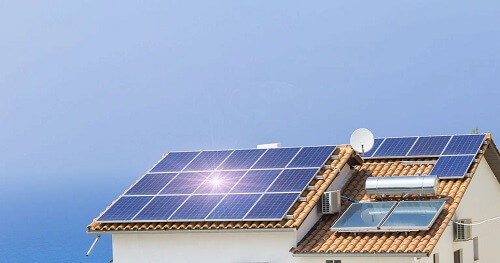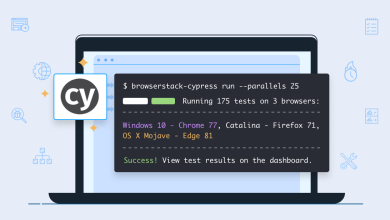How to plan a home solar system

Going solar is a big decision. Not only do you have to decide if it’s the right financial decision for you, but you also must figure out the logistics of installing solar panels on your home. This can be daunting, which is why we’ve created The ultimate guide to planning a home solar system. This guide will help you assess your solar potential, investigate your options for going solar, and understand the importance of energy efficiency in making your home more solar-friendly!
1. Invest in Home Energy-Efficient Upgrades
Before you begin powering your home with solar energy, investigate your current electricity use and consider upgrading for efficiency. It’s essential to know how much power you usually use so that you can make an informed decision about switching to solar. Low-cost measures should always be considered first, as they will save more money in the long run.
Explore the following resources to reduce your electricity use:
Auditing your home’s energy efficiency: Having a home energy audit will help you see where your home needs improvement to conserve energy and also show what steps need to be taken to improve efficiency.
Home appliances and electronics: Use your appliances and electronics more efficiently to save money, or consider investing in highly efficient products.
Heating and cooling your home: If your home uses electricity for heating and cooling, then the amount of solar energy you need will be significantly affected by how much heat and cold your home needs. However, weatherizing your home and using heating and cooling will reduce the amount of electricity you would otherwise need to produce with solar power.
2. Determine If Solar Power Is Right for Your Home
Before committing to solar electricity, research how much potential solar energy will produce at your home address. Both direct and scattered sunlight are used to create electricity through PV technologies, making the solar resource in most of America adequate for home systems.
These tools are an excellent starting point and can help you determine whether your home is suitable for solar and, if not, the best path forward for still benefiting from solar. However, while these generic tools give broad answers that might not consider all of the complexities unique to your household set-up or location, working with a professional who will hear about all of those details firsthand will give you a much more accurate estimate as tailored recommendations.
The following are things to consider:
• Be aware of shading from trees that are currently near your property and those that could grow and shade your system in the future. Contractors can help you with this evaluation too.
• The age of your roof and when you need to replace it. You may want to consider getting a new roof before installing solar if you need one in the next few years.
3. How much solar electricity do you need?
Gather data on your home and electricity usage to get suggestions from your contractor about what type and size of system you should get.
• To calculate how much power you use in a year, look over your past electricity bills. Your usage will be displayed as kilowatt-hours (kWh). Some utility companies offer online tools to help you research which months of the year you use more energy. This is useful because your electricity usage might differ depending on the season (e.g., if you have an air conditioner and live in a hot climate).
4. Partner with your Utility and Installer
Before installing a solar energy system, ensure your installer can help you with the permitting process and any other necessary steps.
The size of your system will base on the electricity needs stated by you as well as the following:
• The site’s solar resource or available sunlight.
• The orientation and tilt of the system
Your installer will mount your solar panels correctly to ensure they get the most sun possible throughout the day and season.
Make sure you are familiar with the billing process, net metering, and any other utility fees that might apply to you.





